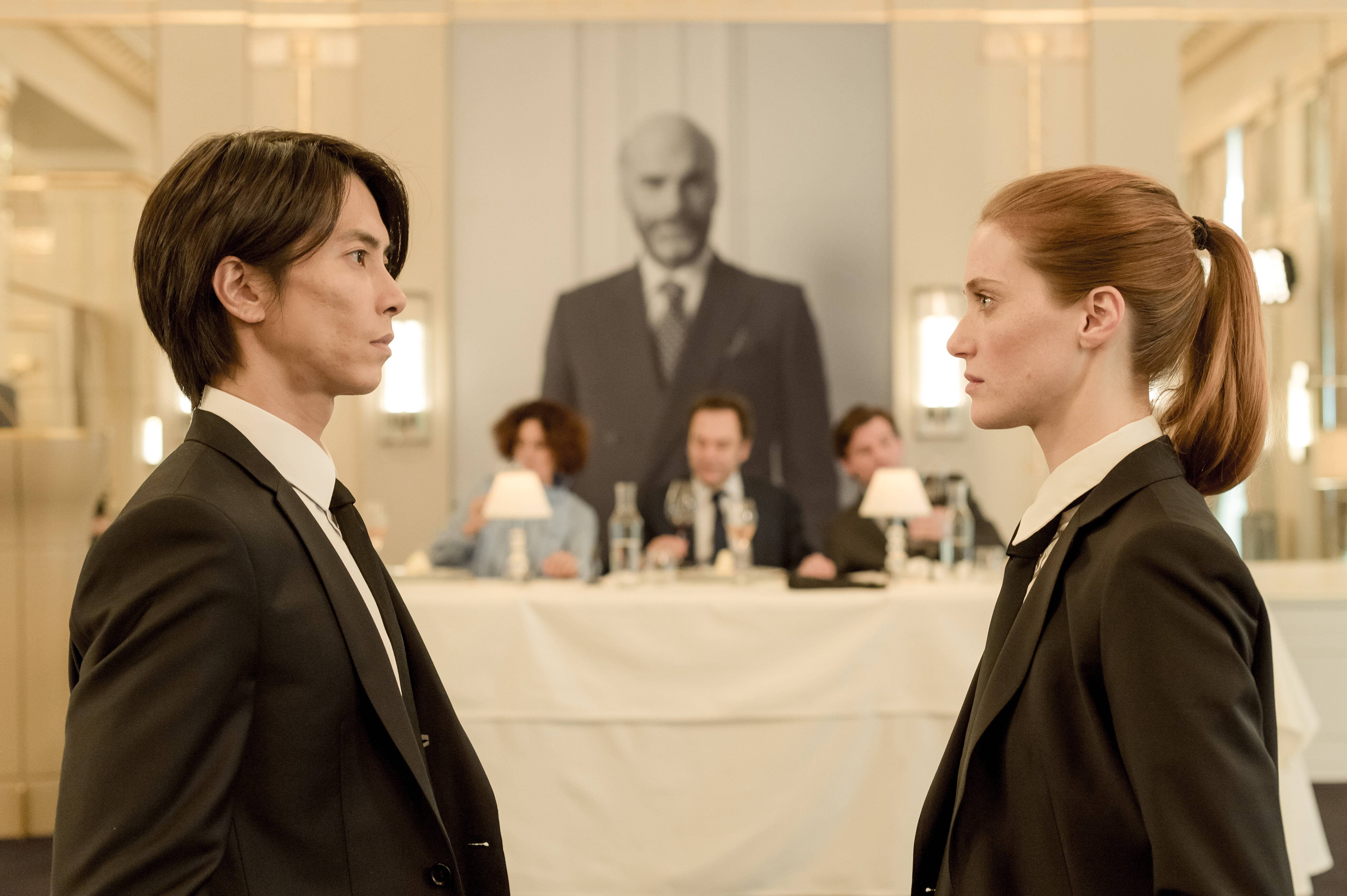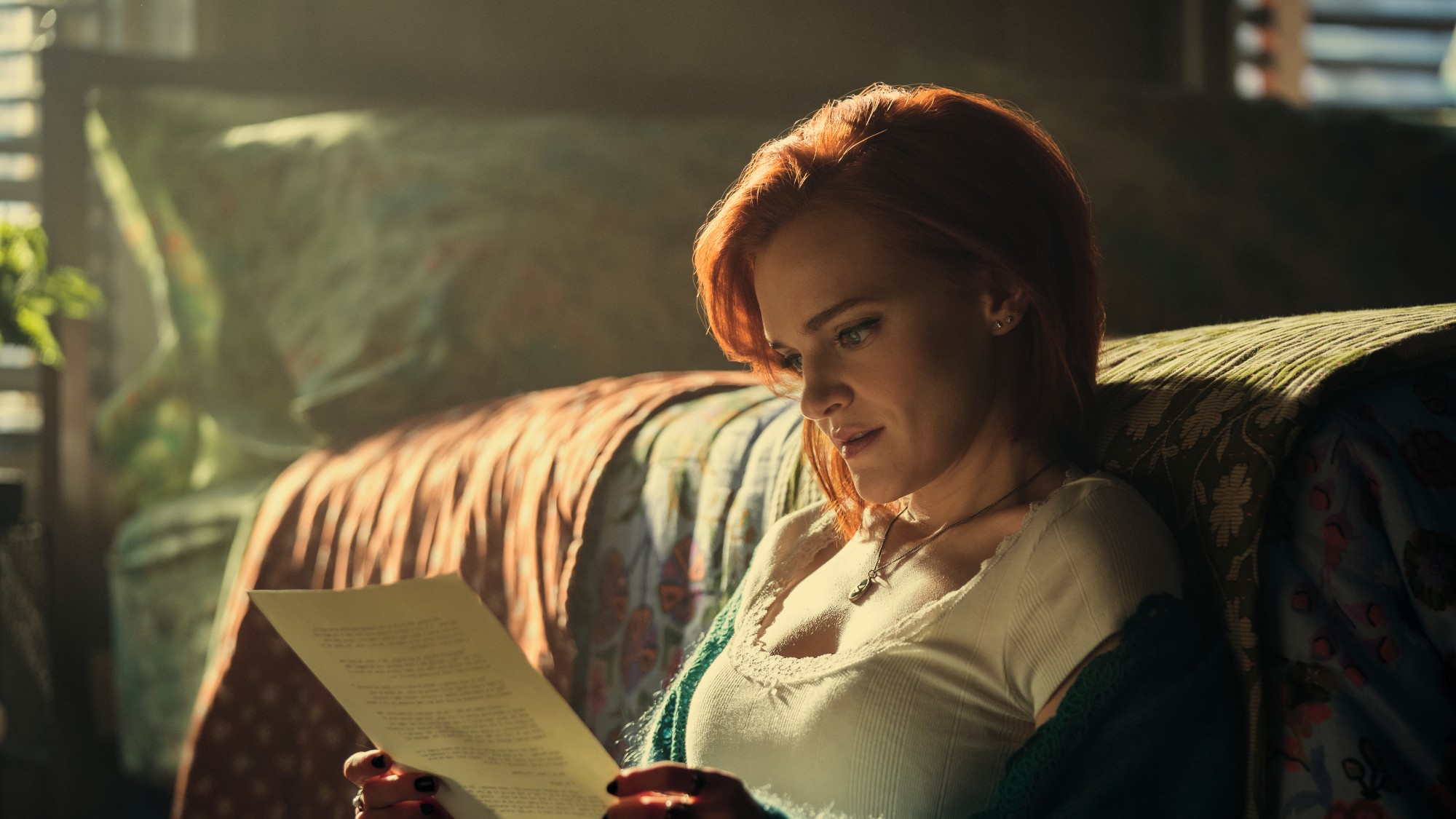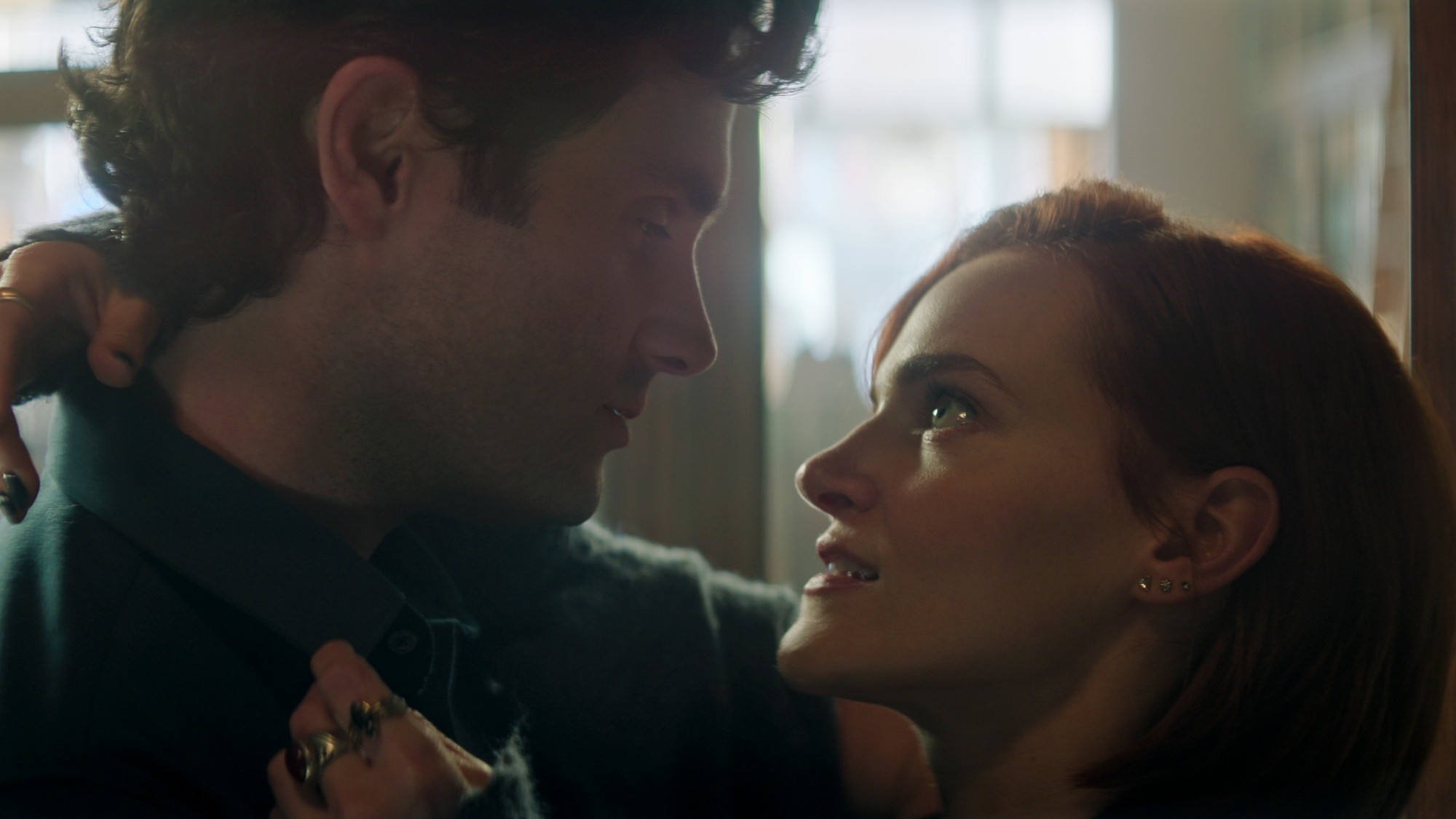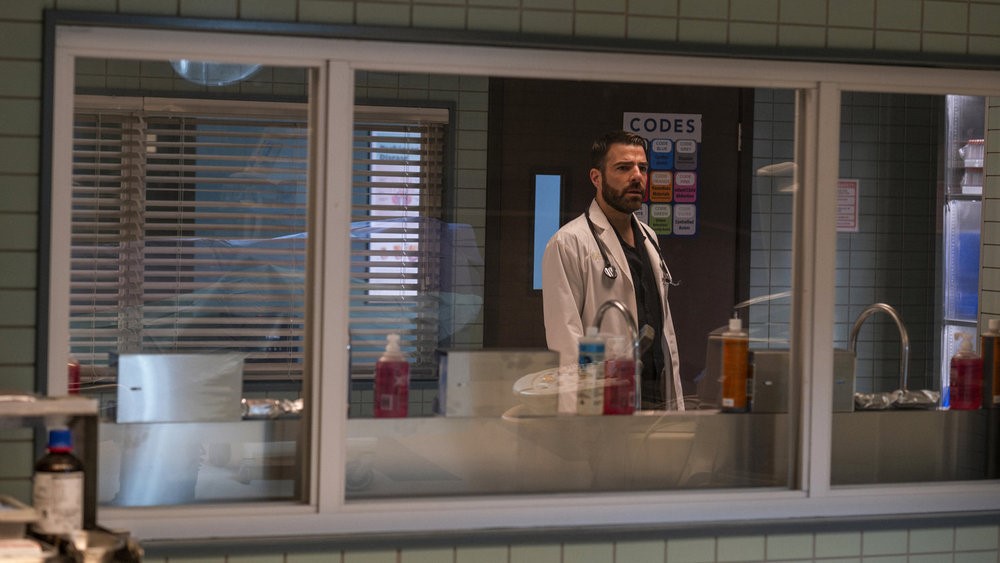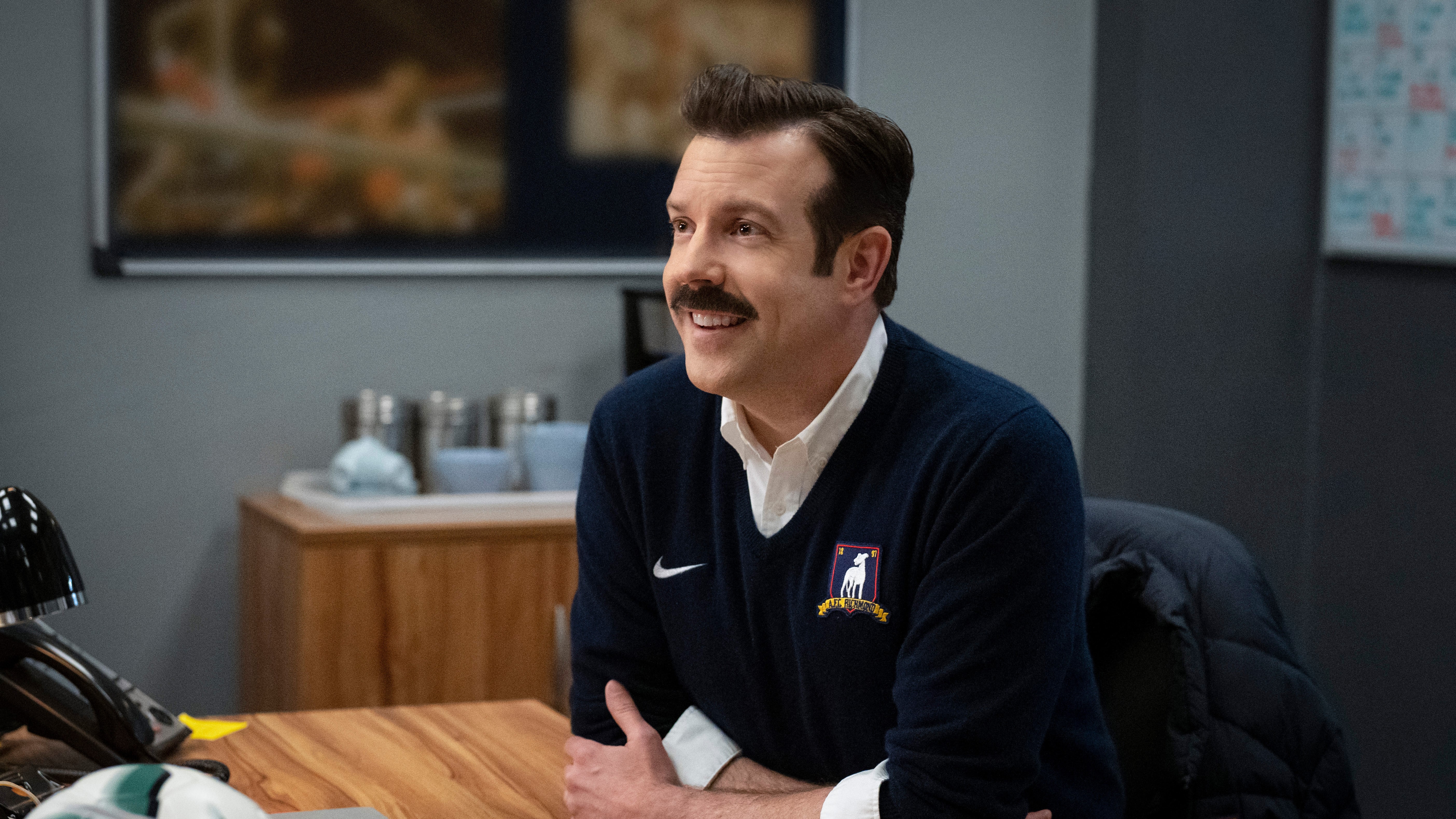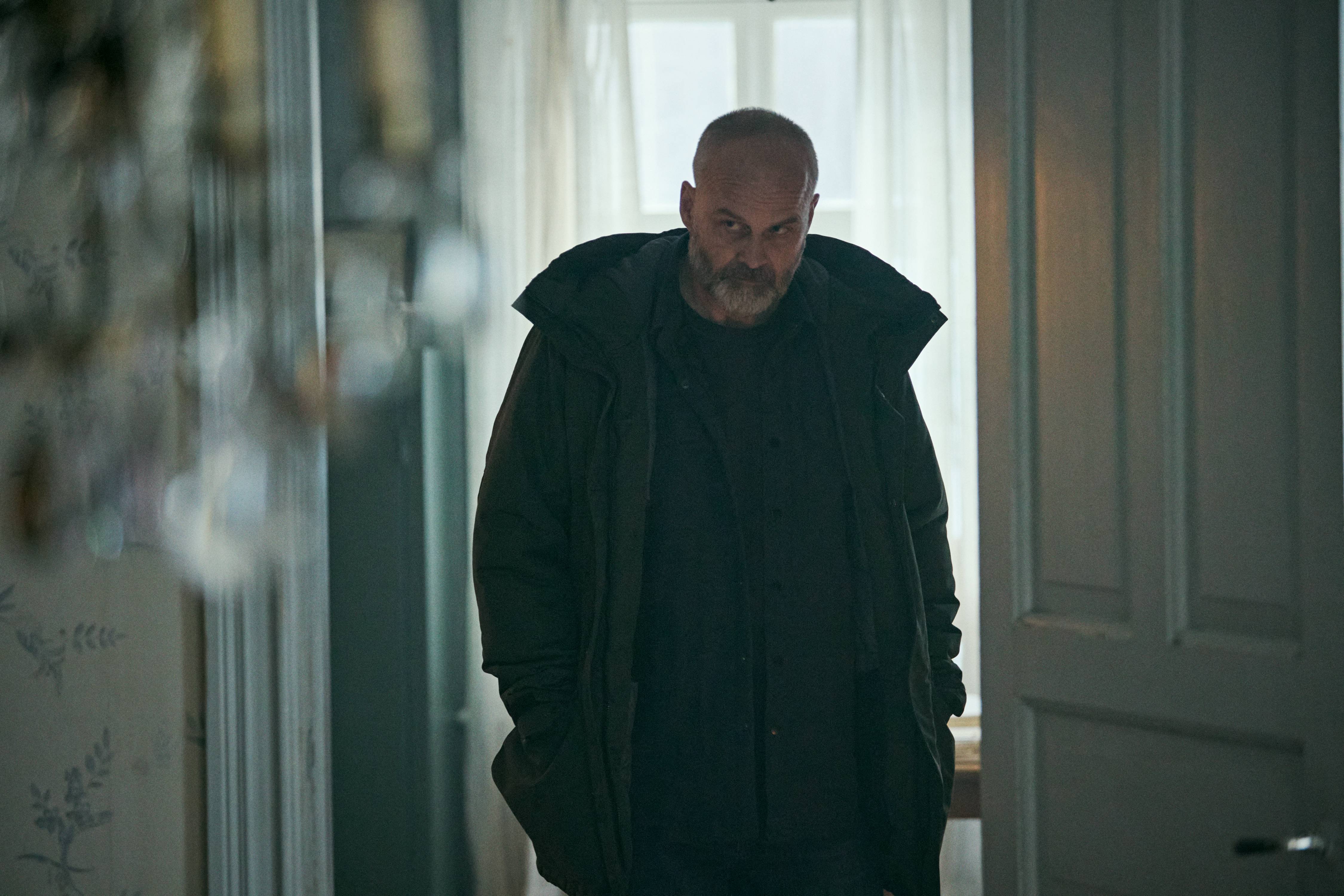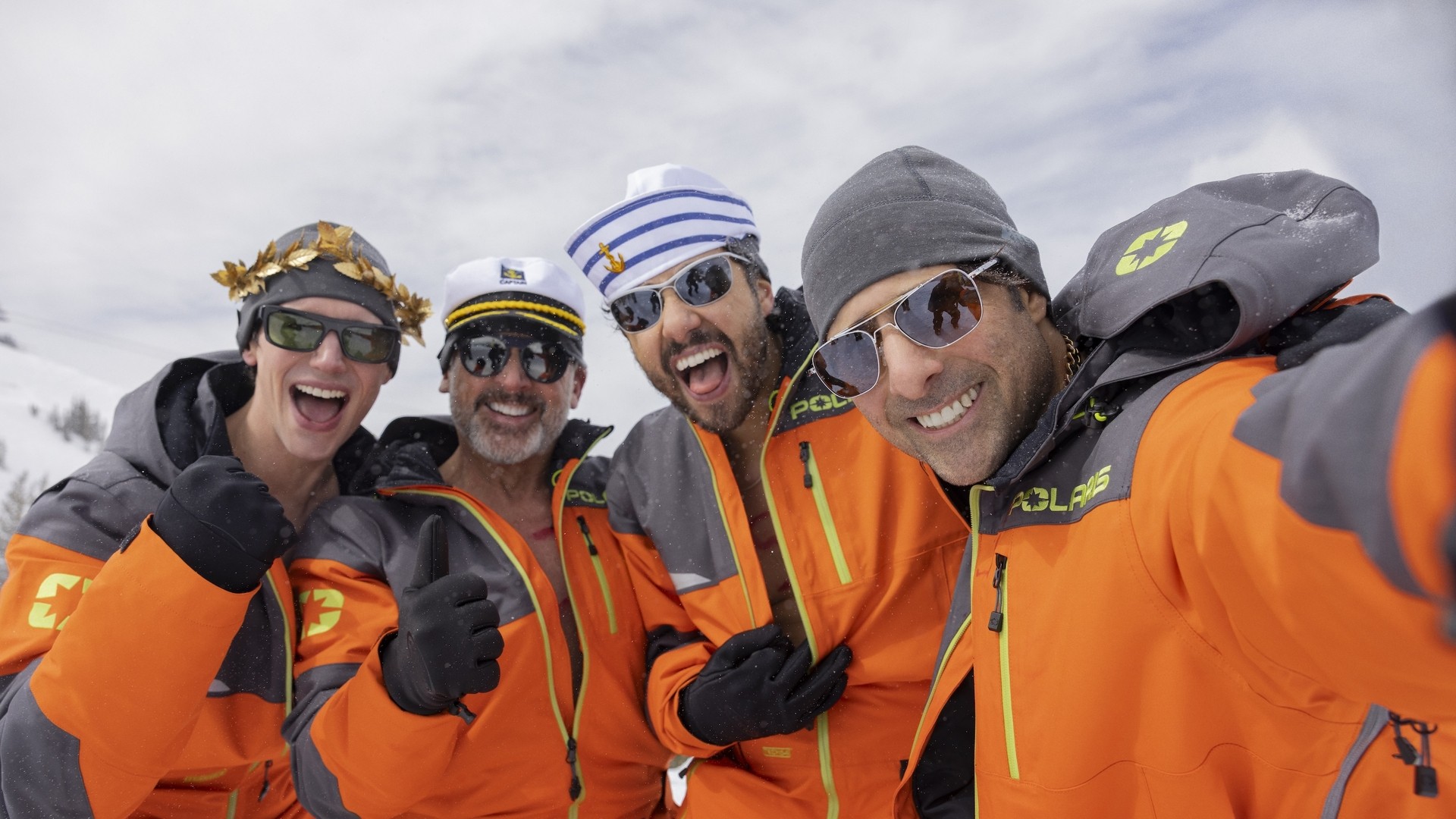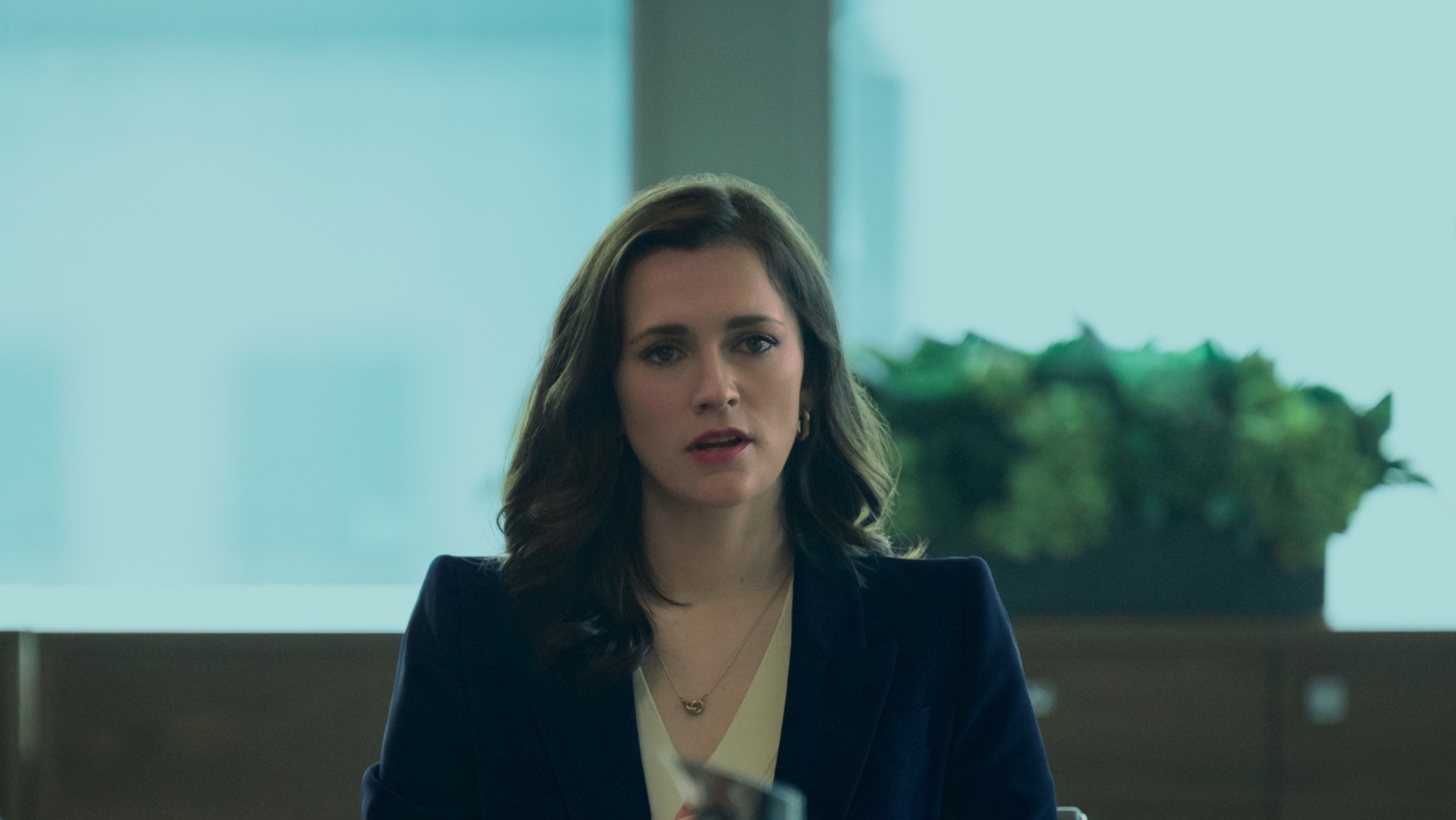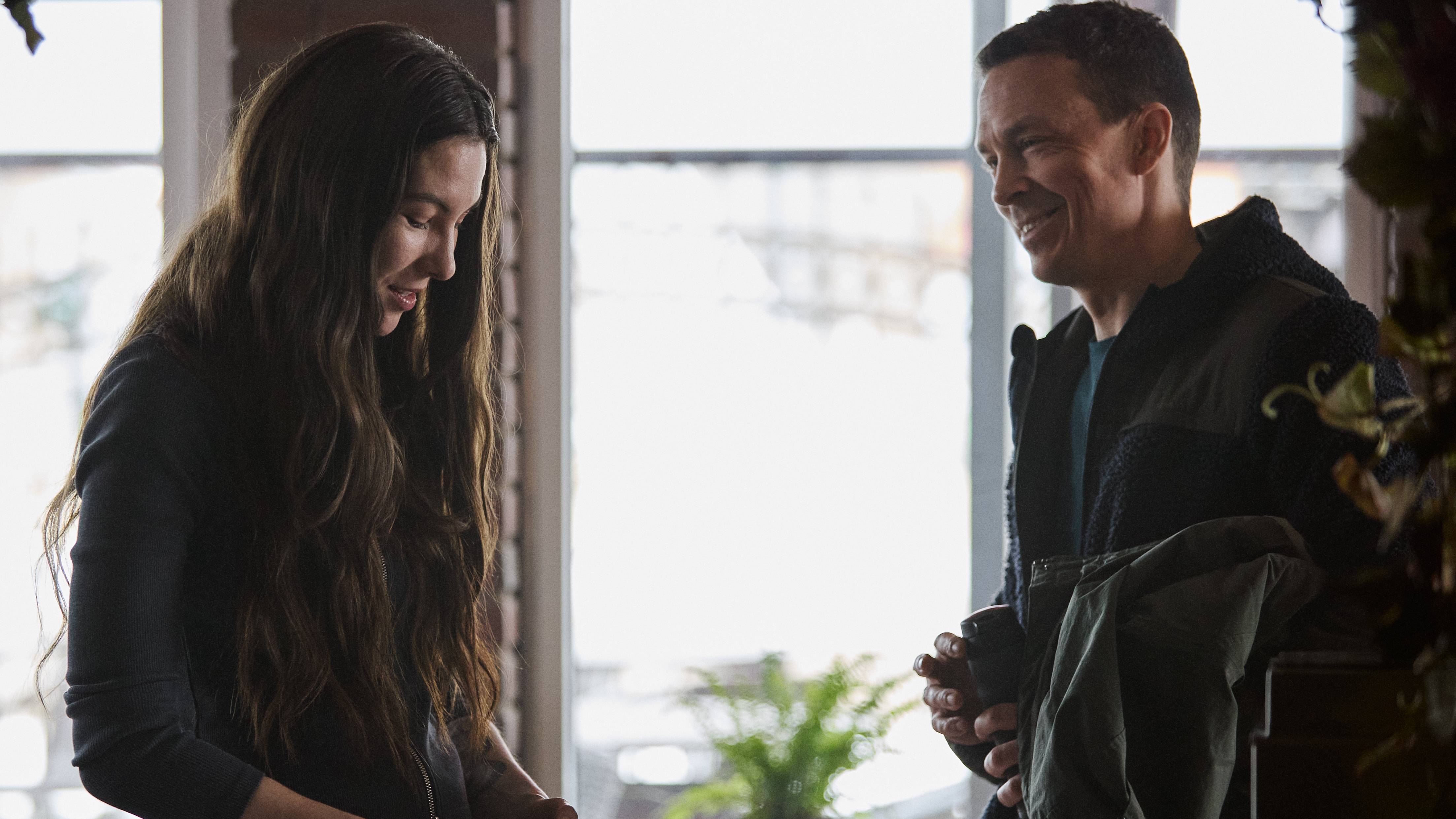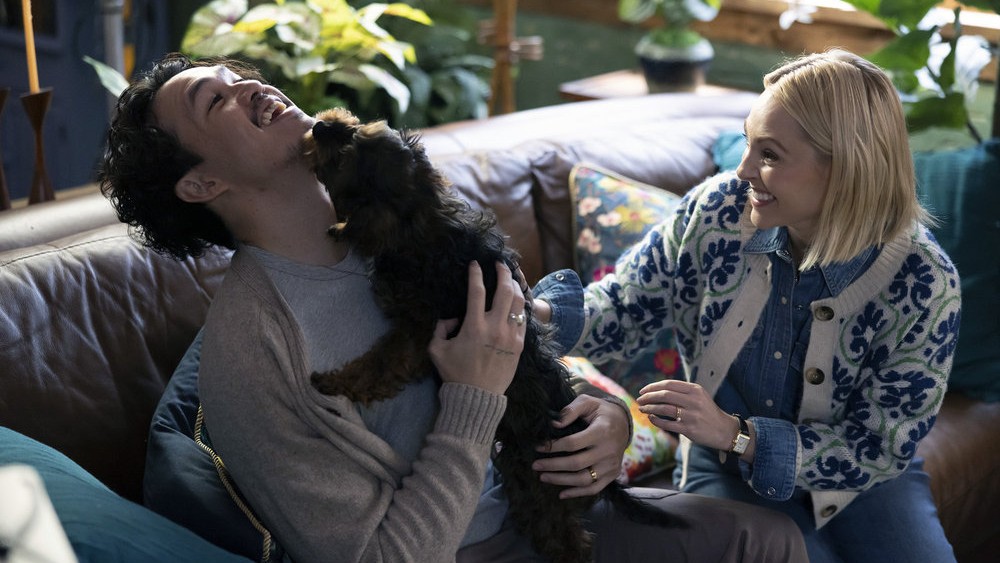'Jungle Cruise' and Disney's history of turning theme park rides into movies
Jungle Cruise is the latest theme park ride to be turned into a movie, a trend that literally only Disney can do.
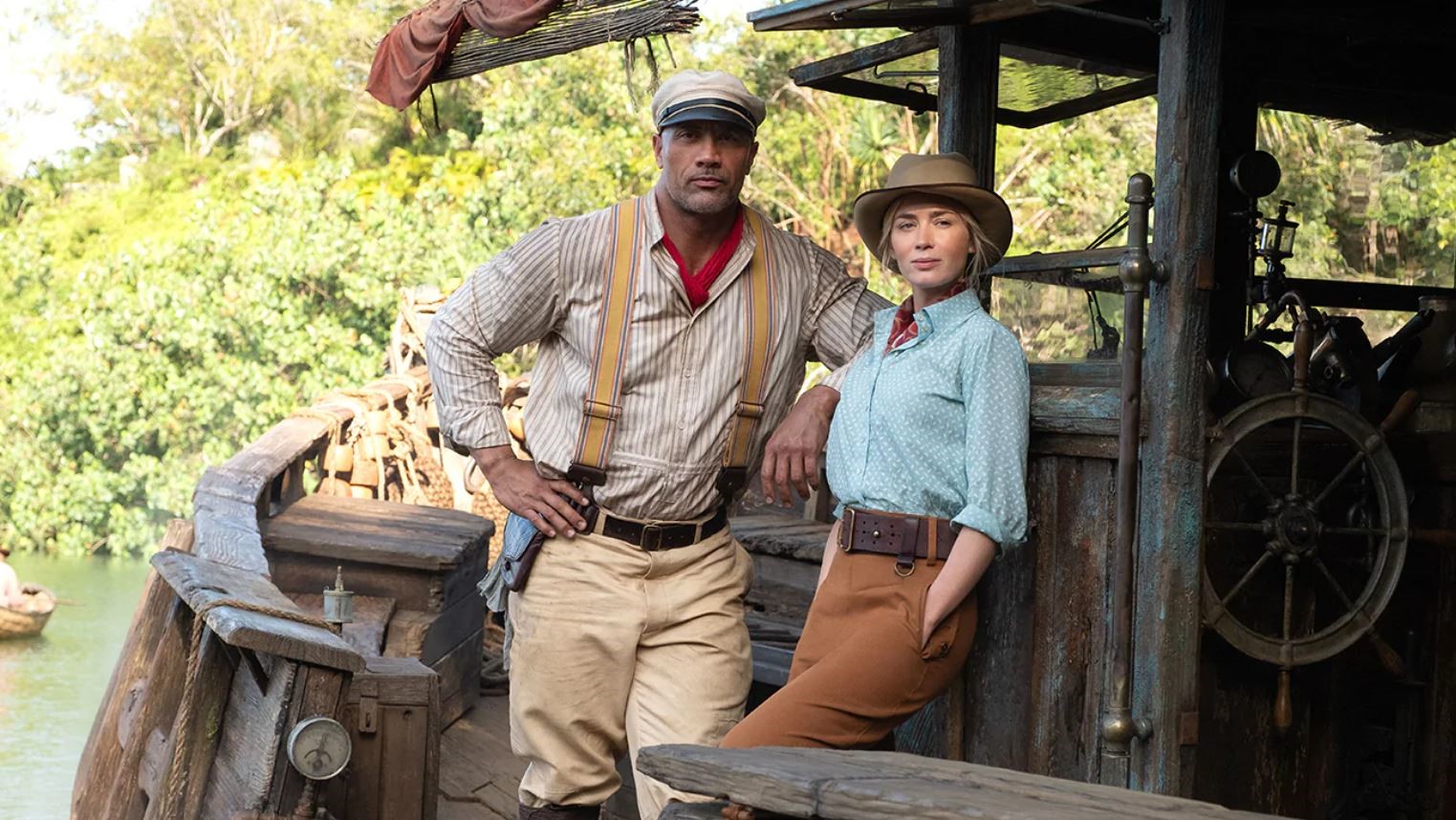
Jungle Cruise is Disney’s latest blockbuster, an action-adventure in the vein of Indiana Jones and the National Treasure movies starring Dwayne Johnson and Emily Blunt. As the Summer blockbuster season kicks off later than usual, with a solid percentage of cinemas nationwide and internationally still closed, Disney has high hopes that this long-delayed title will be one of the movies that gets families back into theaters, although the studio also plans to release the film simultaneously on Disney+ via premier access for $30. Disney is a company that notoriously plays it safe, sticking to familiar IPs at every turn. By that metric, Jungle Cruise isn't exactly radical, but as an adaptation of a theme park attraction rather than, say, a known franchise title, it still stands out amongst the pack.
For lovers of Disneyland and the various international iterations of the iconic park, the Jungle Cruise is a very big deal. Having been at Disneyland since its opening day in 1965, the attraction is a major part of the company's history and has remained largely unchanged in the interim decades. The boat-ride through the wild jungles of the world features sophisticated (for its time) animatronics, and the ride's skippers providing a riff-heavy commentary on the sights. It's such a big deal to Disney fans that there's even a Weird Al Yankovic song about a beleaguered skipper mourning his acting career. From a narrative perspective, it’s certainly an attraction rich in cinematic potential, so the news that Disney planned to let the ride follow in the footsteps of Pirates of the Caribbean, Tomorrowland, and erm… The Country Bear Jamboree wasn’t much of a surprise. Still, it’s fascinating in ways that are seldom acknowledged.
Jungle Cruise is one of a handful of examples of a cinematic phenomenon that literally only the Walt Disney Company can do. There isn’t a single other studio that can lay claim to what Disney does here. Who else has the pre-existing framework required to make this happen? In many ways, Jungle Cruise has been a film decades in the making because of this.
Disney isn’t just a studio: it’s a multi-pronged entertainment giant whose influence spans almost a century of ideas, and whose ethos inspires near-rabid devotion from millions of fans. Decades after his death, the shadow of the company’s founder, Walt Disney, looms overhead and continues to define the brand. Uncle Walt may have been a misogynistic union-buster who accused his former employees of being communists at the House Un-American Activities Committee hearings, but he's still seen as the cuddly papa of the movie world, even in 2021. His influence can be found throughout Hollywood to this day, especially in the era of the almighty media monopoly. Walt was eager to expand Disney beyond films, moving into television in the ‘50s before creating Disneyland, a move that many in the business thought would be a financial disaster.
Other film studios may have gotten into the theme park business over the years, from Universal to Paramount, but none of them have done what Disney did. They created original attractions not rooted in pre-existing properties or brands, and they soon became icons in their own right. The Pirates of the Caribbean ride was such a big deal when it opened that it received coverage in Life Magazine. Even as Disney’s theme parks moved more towards bigger IPs like Marvel and Star Wars, those initial original rides retained their popularity. But Disney felt that they needed to do more with these brands than let them be mere attractions only visitors to the parks could experience. Given how adept the company is at expanding their properties across various mediums, it only made sense for them to get some film adaptations off the ground.
The first attempt, The Country Bears, was a disaster, but then came Pirates of the Caribbean: The Curse of the Black Pearl. Initially, Disney’s then-CEO Michael Eisner wanted to shut the production down because he worried the film was too expensive, too outside of Disney’s typical oeuvre, and that Johnny Depp’s performance was too much. He feared that the flop of The Country Bears proved that audiences didn’t want theme park movies, but then it went on to become the fourth highest-grossing film of 2003. The Curse of the Black Pearl succeeded for many reasons and it’s hard to claim that one of them is because people were just that amped up to see the theme park ride on the big screen. Still, its gargantuan grosses, plus the four sequels that followed, demonstrated the storytelling potential available to Disney via these attractions.
The genius of that first Pirates film as an adaptation lay in how it teased out a tangible story from the deliberately ambiguous nature of the attraction. When you’re on the ride, you take in what you see and are able to spin your own tales and imagine whatever you please. The film played around with that idea and made its own thing that’s true to the source material but stands on its own two feet. You didn’t have to be a super-fan of the ride to get the movie, although if you were, there were certainly Easter eggs a-plenty to appreciate. In many ways, the ride was to Disney in the early 2000s what the fairy-tale canon was from the 1930s onward in this regard. The key difference was that anyone could adapt whatever public domain fairy-tale they so desired: only Disney had spent decades developing attractions unique to its park that could be reimagined as such.
Get the What to Watch Newsletter
The latest updates, reviews and unmissable series to watch and more!
Still, aside from the Pirates of the Caribbean series – which has grossed over $4.5 billion worldwide, more than the Mission: Impossible and Hunger Games franchises – these theme park adaptations haven’t yielded consistent success for Disney. Brad Bird’s Tomorrowland had its share of critical love. but it was a costly flop that couldn’t begin to capture the Pirates of the Caribbean magic. The Haunted Mansion movie turned one of the company's most beloved and luscious attractions into a bad Eddie Murphy family comedy that entirely missed the point of why people like the ride. It remains a tricky prospect to adapt a property that, by design, lacks a conventional narrative.
The adaptation process doesn’t end when the films are released either, which makes Disney’s theme park movies cycle even more intriguing. Now, Disney changes the rides to match the films made from them. If you go on the Pirates of the Caribbean ride now, you’ll meet Jack Sparrow and a few familiar faces, which has entirely changed the narrative of the attraction. Long before we ever saw a trailer for Jungle Cruise, Disney had already announced plans to incorporate elements of the film into the ride (the company will also remove many of the overtly racist and imperialistic parts of the attraction, which have been the subject of controversy for decades.) The endlessly cyclical nature of this relationship has the potential to yield more creative opportunities, which is obviously a goldmine for Disney.
And they don’t plan on stopping anytime soon. Rumors are swirling that Scarlett Johansson is involved in making a Tower of Terror movie, inspired by the Twilight Zone-themed ride currently at Walt Disney World in Florida. Ronald D. Moore, the showrunner of Outlander, is developing multiple TV projects for Disney+ centered on the Magic Kingdom. Even with notable failures to their name, the theme park movie adaptation business model endures because, when it works, the opportunities are limitless, both creatively and in terms of good old-fashioned corporate synergy. Ultimately, Disney’s strength lies in how eerily good they are at mining every iota of their audience’s nostalgic fervor, and this is but one way to do that. Stay tuned for the inevitable Space Mountain and Enchanted Tiki Room movies.
Kayleigh is a pop culture writer and critic based in Dundee, Scotland. Her work can be found on Pajiba, IGN, Uproxx, RogerEbert.com, SlashFilm, and WhatToWatch, among other places. She's also the creator of the newsletter The Gossip Reading Club.

